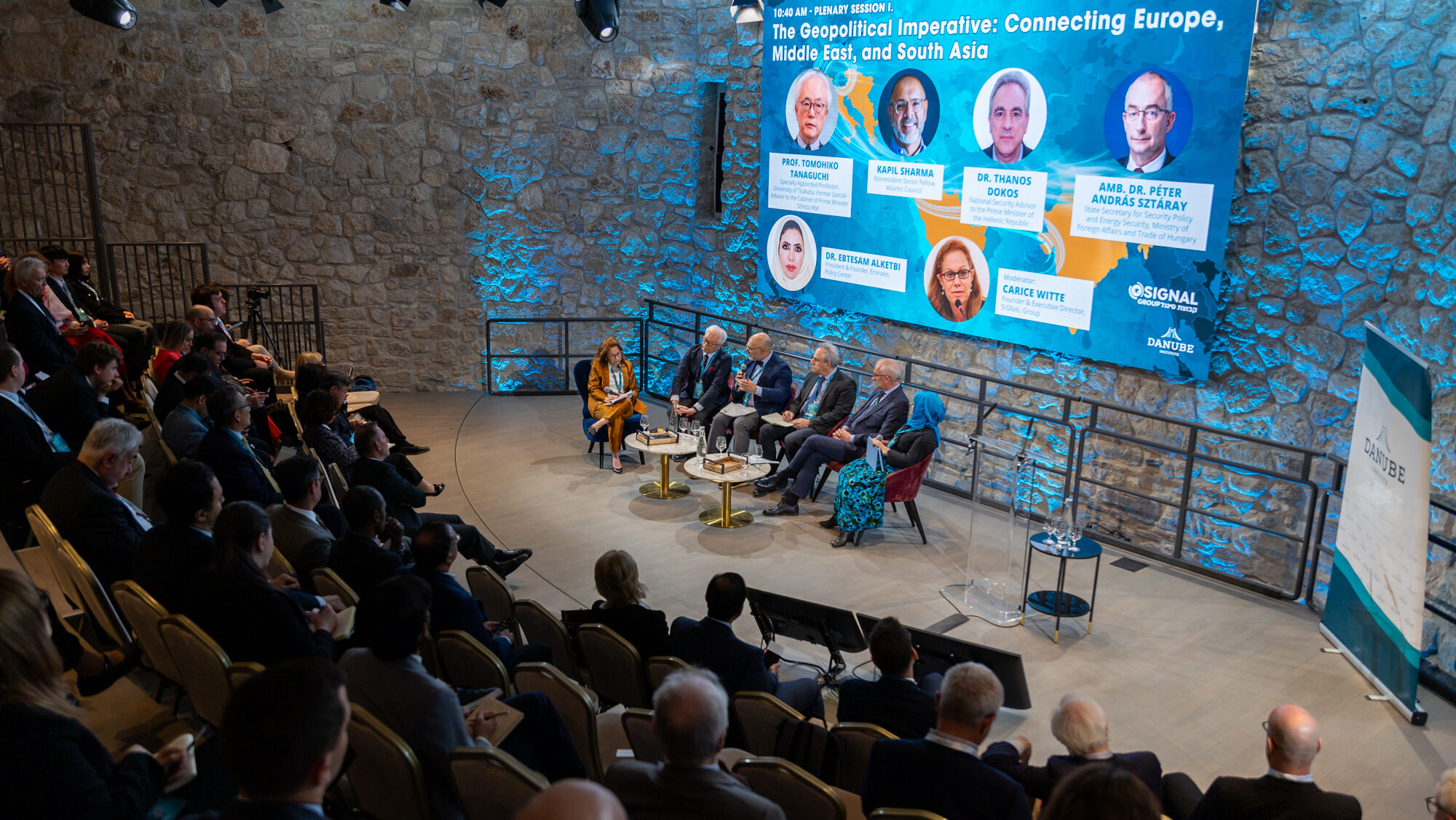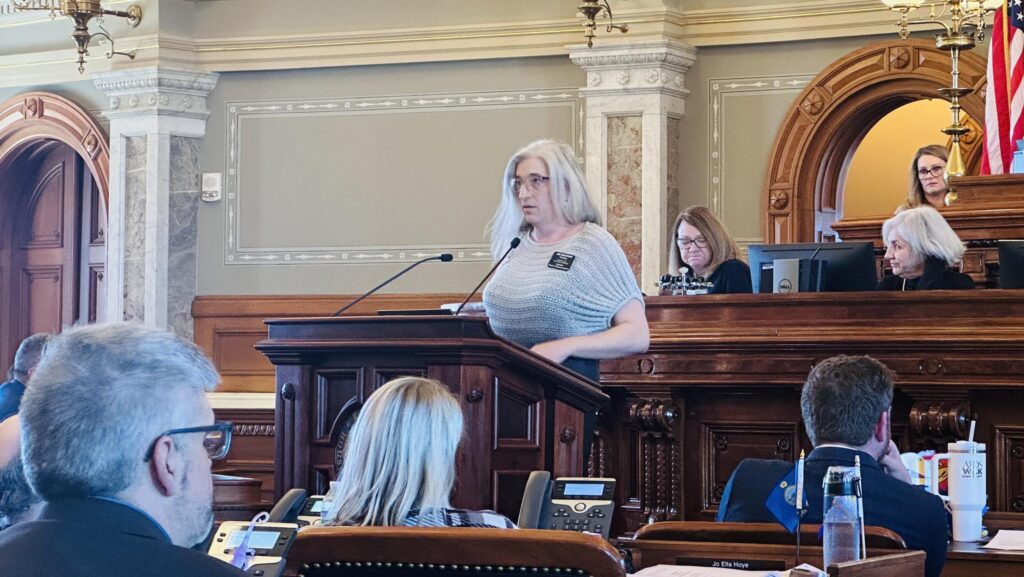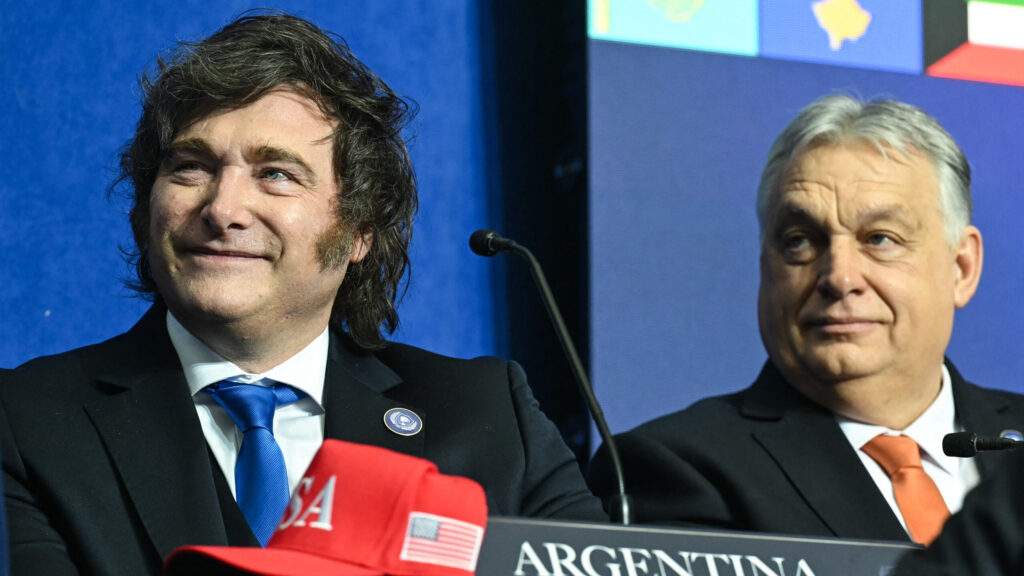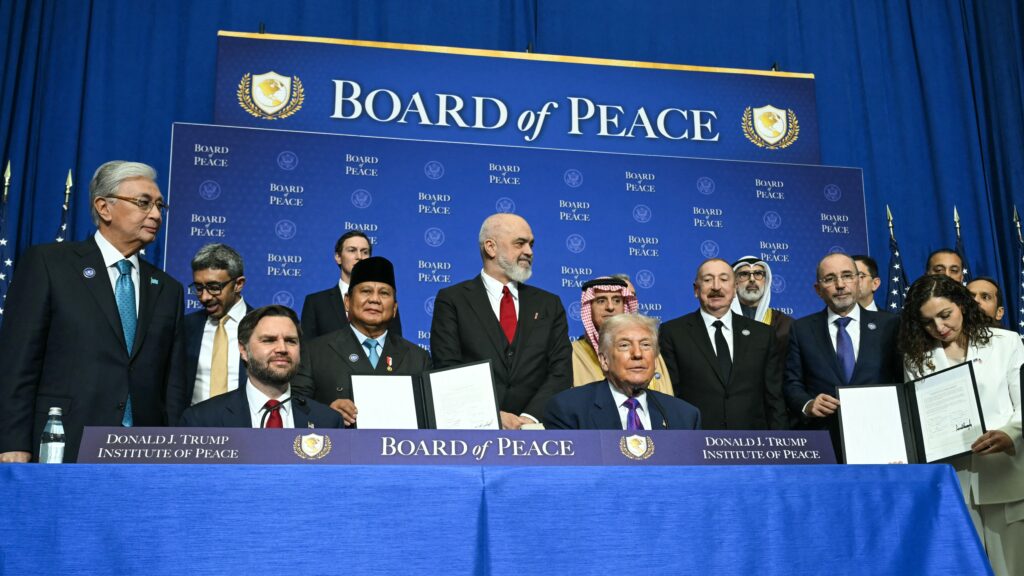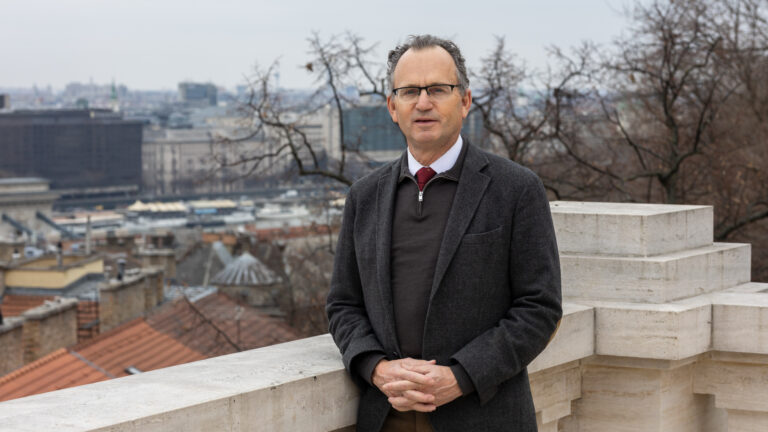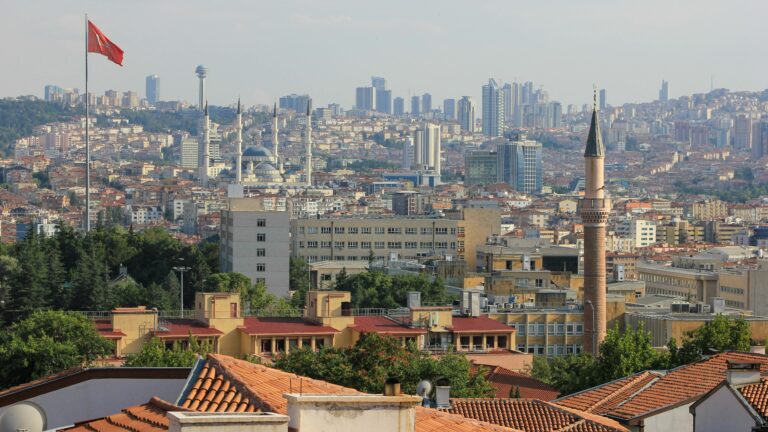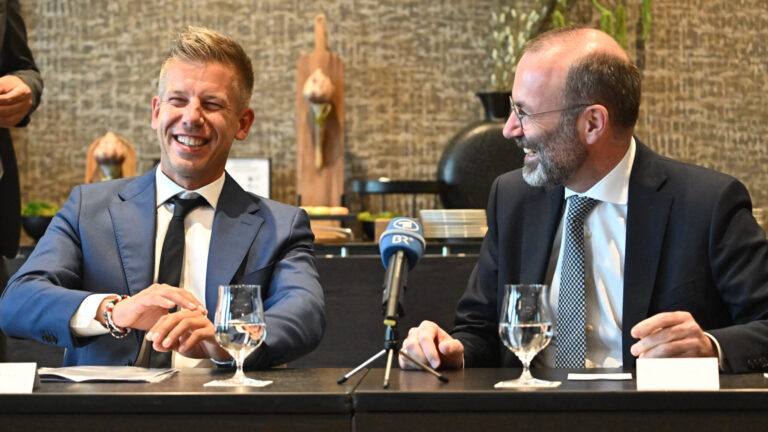On 12 May, Hungarian conservative think tank Danube Institute and the Israeli SIGNAL Group co-organized a conference titled ‘Realizing the Vision of IMEC: Building Bridges of Connectivity’, focused on the India–Middle East–Europe Corridor (IMEC)—a project proposed as a new model of connectivity and international cooperation in a fragmented global landscape. The gathering—a first of its kind, according to Danube Institute President John O’Sullivan—brought together experts, government officials, and policymakers from around the world to share their insights and analyse the challenges, opportunities, and strategic rationale behind the proposed transport route, which is seen as a potential counterweight to China’s Belt and Road Initiative (BRI).
IMEC was officially proposed on 9 September 2023 during the G20 Summit in New Delhi, through a Memorandum of Understanding signed by India, the United States, the European Union, the United Arab Emirates, Saudi Arabia, France, Germany, and Italy. The corridor is intended to serve as a strategic alternative to existing maritime routes, particularly the Suez Canal. Although still in its early phase, many view it as an economic game changer—if realized. However, current tensions in the Middle East complicate its prospects: IMEC is intended to build on the normalization process between Arab states and Israel, linking Mumbai to the UAE, continuing by rail through Saudi Arabia, Jordan, and Israel, and eventually connecting to European ports such as Piraeus or Trieste. With Israel intensifying its Gaza offensive, prospects for regional normalization remain uncertain.
IMEC: More Than a Counterweight to BRI
In her keynote address, Carice Witte, Founder and Executive Director of the SIGNAL Group, described IMEC as a response to global disruption, which she argued has become the new normal. She stressed that the corridor is not merely a logistical route, but a platform for aligning diverse strategic interests. ‘Success will require good communication, cooperation, discipline, and diplomacy,’ Witte emphasized. She expressed hope that dialogue would translate into disciplined, durable cooperation.
Former Australian Prime Minister Tony Abbott also addressed the conference, underlining that strategic realism and moral clarity are essential in both trade and diplomacy. He warned against dependence on China in critical infrastructure and supply chains—one of the vulnerabilities IMEC aims to reduce.
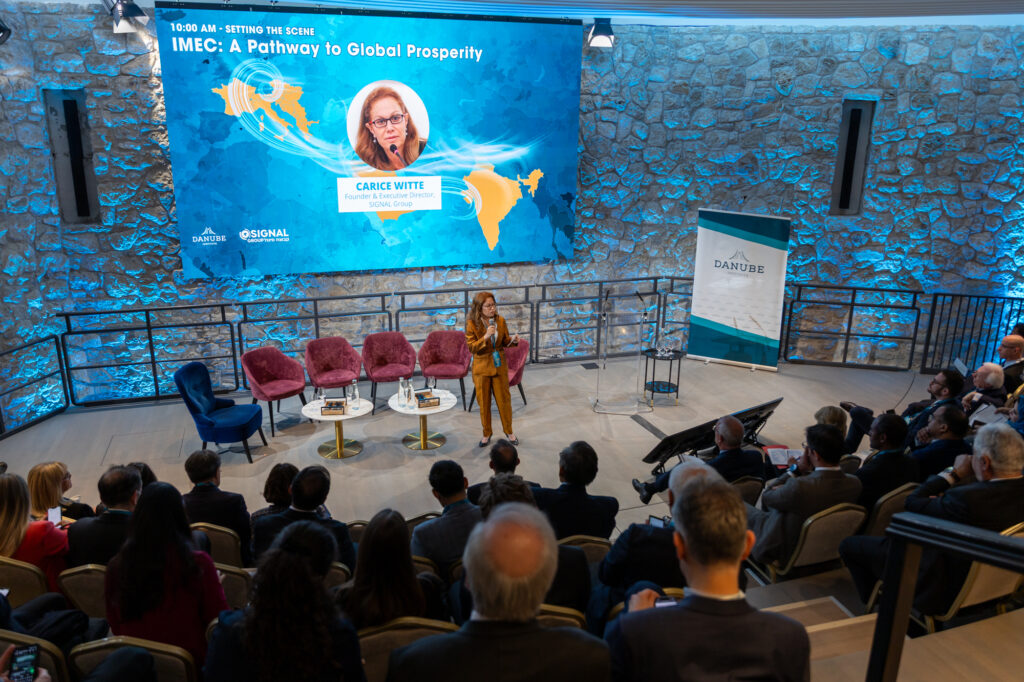
The first panel examined the strategic rationale behind IMEC within the context of shifting global order and intensifying great power competition. Tomohiko Taniguchi, former adviser to late Japanese Prime Minister Shinzo Abe, advocated for Japan’s active involvement in IMEC, contrasting it with BRI, which he argued serves solely Chinese national interests. IMEC, by contrast, is a ‘project of the future’, he said. Taniguchi urged Asian middle powers to deepen their cooperation through the strategic opportunities IMEC provides.
Kapil Sharma, non-resident senior fellow at the Atlantic Council, emphasized that IMEC must be built on long-term strategic planning—especially following Hamas’s 7 October attack on Israel, which disrupted the project’s momentum. ‘Clarity is needed on how the Trump administration would approach IMEC and which country would lead,’ he noted.
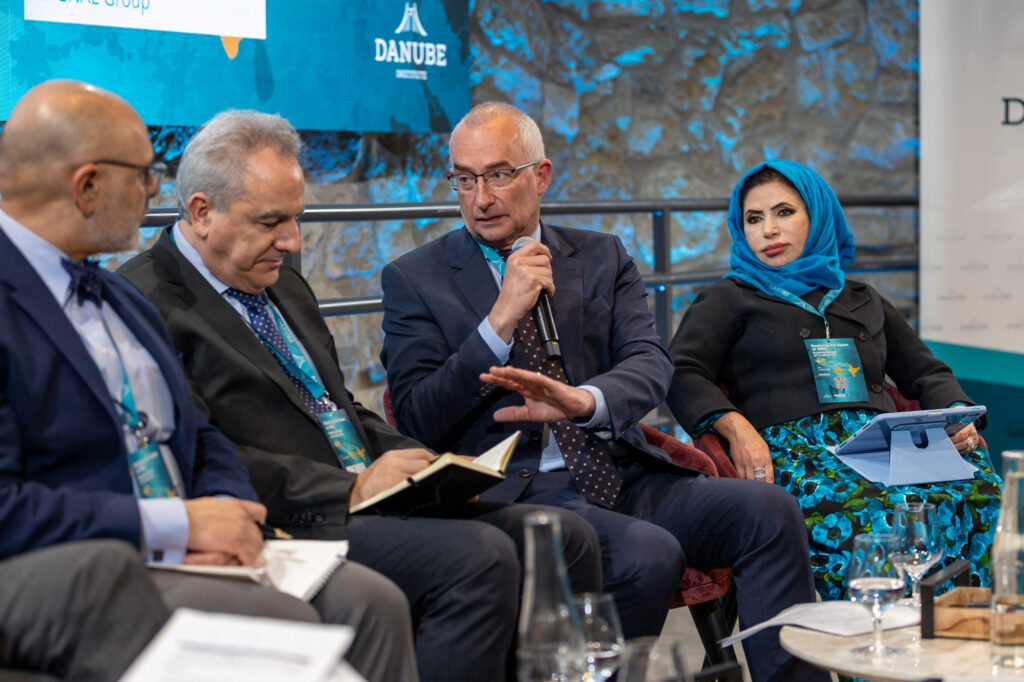
Thanos Dokos, National Security Adviser to Greek Prime Minister Kyriakos Mitsotakis, warned that EU member states are trapped in a ‘Brussels bubble’ and need to re-engage with global dynamics. He stated that IMEC should not seek to rival China, but rather promote peaceful coexistence in global trade.
Outlining the Hungarian position, State Secretary for Security Policy and Energy Security Péter Sztáray emphasized that Hungary is prioritizing connectivity and export-led growth in global trade. ‘Hungary supports IMEC as a way to promote global stability and create strategic alternatives,’ he underlined. Sztáray praised Hungary’s Eastern Opening policy, which has enabled it to build robust trade relations with both Asian economic powers and the Middle East.
Ebtesam Al-Ketbi, President and Co-Founder of the Emirates Policy Center, argued that the EU must overcome its bureaucratic inefficiencies if the corridor is to succeed.
Political Will, Mutual Trust and Transparency Needed
Following the first panel, the Ambassador of the United Arab Emirates to Hungary, Saud Hamad Al-Shamsi, delivered a keynote speech echoing the need for mutual commitment and regional trust. ‘The UAE contributes not just infrastructure, but political will, diplomacy, and neutrality,’ he noted. He also stressed that IMEC should foster open trade based on reciprocity, predictability, and shared interests.
The second panel featured Ophir Gore, Senior Deputy Chief Economist for International Affairs at Israel’s Ministry of Finance; Francesco Stanislao Parisi, President and Managing Director at Headquarters Trieste; and Carla Sands, former US Ambassador to Denmark. Gore underscored the need for regional security and urged stakeholders to help build the political foundation for lasting peace in the Middle East. ‘IMEC is the child of the Abraham Accords—a legacy of Trump’s diplomacy,’ said Sands, who served during Trump’s first term. She called for clear deadlines, governance frameworks, and structured project timelines, noting that US interest will depend on well-defined economic opportunities.
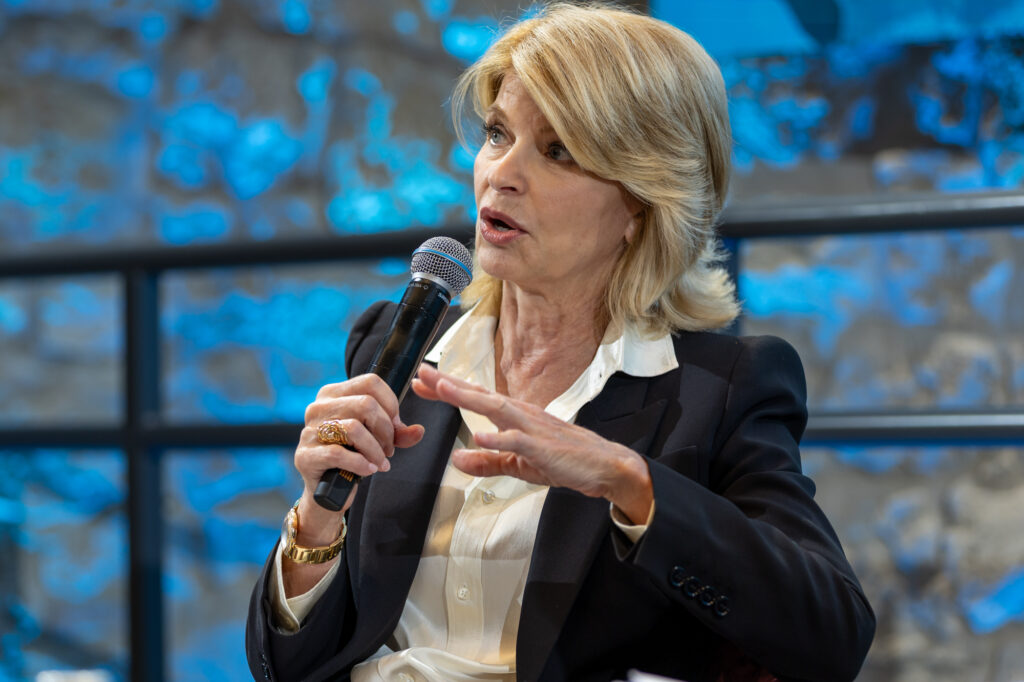
The afternoon sessions included two further panels examining models for managing cross-border infrastructure projects, with emphasis on transparency, sustainability, and multilateral ownership. Discussions also focused on integrating the Indo-Pacific and the Global South into IMEC, ensuring benefits not only for participating states but for the wider international community.
In conclusion, the conference reaffirmed that while IMEC remains in the early planning stage, it has the potential to become far more than a transport initiative. If stakeholders demonstrate commitment and political will, IMEC could represent a new vision of multipolar cooperation, economic resilience, and strategic autonomy.
Related articles:

